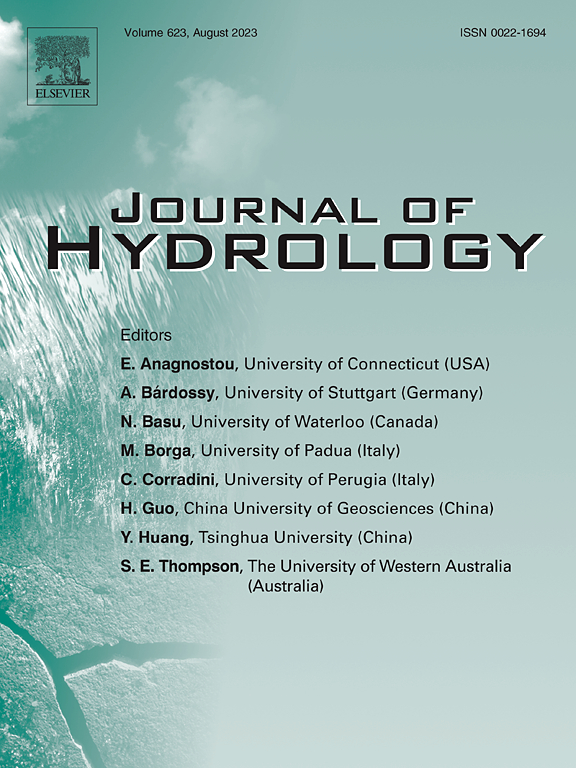A research agenda for improving flood resilience in Australia
IF 6.3
1区 地球科学
Q1 ENGINEERING, CIVIL
引用次数: 0
Abstract
It is critical that we improve flood resilience in Australia due to the impacts of anthropogenic climate change which, through increasing rainfall extremes and changes to catchment wetness, challenges traditional approaches to flood design and emergency response. We review recent research on urban and rural flood resilience, emphasizing the importance of considering the entire water cycle and integrating nature-based solutions with traditional infrastructure. There are limitations in current infrastructure designed for specific flood standards and a clear need for flexible, adaptive solutions. We show the role of social capital and community engagement in building resilience, highlighting that flood resilience requires multidisciplinary research and cooperation, covering governance, planning, and response. There are a number of challenges in predicting hydrological extremes under climate change and it will be necessary to incorporate new data streams and machine learning into flood risk management. A case study of the 2022 Lismore floods illustrates the complex interplay of natural and human systems in flood resilience across a range of time and spatial scales. We conclude with recommendations for strengthening resilience through improved forecasting and design, community preparedness, and ecosystem protection.

提高澳大利亚抗洪能力的研究议程
由于人为气候变化的影响,极端降雨的增加和集水区湿度的变化,挑战了传统的防洪设计和应急响应方法,因此我们必须提高澳大利亚的抗洪能力。我们回顾了最近关于城市和农村抗洪能力的研究,强调了考虑整个水循环和将基于自然的解决方案与传统基础设施相结合的重要性。目前针对特定洪水标准设计的基础设施存在局限性,显然需要灵活、适应性强的解决方案。我们展示了社会资本和社区参与在建设抗洪能力中的作用,强调抗洪能力需要多学科研究与合作,涵盖治理、规划和应对。在预测气候变化下的水文极端情况方面存在许多挑战,有必要将新的数据流和机器学习纳入洪水风险管理。2022年利斯莫尔洪水的案例研究说明了自然系统和人类系统在洪水恢复能力方面的复杂相互作用,这些系统跨越了时间和空间尺度。最后,我们提出了通过改进预测和设计、社区准备和生态系统保护来加强恢复力的建议
本文章由计算机程序翻译,如有差异,请以英文原文为准。
求助全文
约1分钟内获得全文
求助全文
来源期刊

Journal of Hydrology
地学-地球科学综合
CiteScore
11.00
自引率
12.50%
发文量
1309
审稿时长
7.5 months
期刊介绍:
The Journal of Hydrology publishes original research papers and comprehensive reviews in all the subfields of the hydrological sciences including water based management and policy issues that impact on economics and society. These comprise, but are not limited to the physical, chemical, biogeochemical, stochastic and systems aspects of surface and groundwater hydrology, hydrometeorology and hydrogeology. Relevant topics incorporating the insights and methodologies of disciplines such as climatology, water resource systems, hydraulics, agrohydrology, geomorphology, soil science, instrumentation and remote sensing, civil and environmental engineering are included. Social science perspectives on hydrological problems such as resource and ecological economics, environmental sociology, psychology and behavioural science, management and policy analysis are also invited. Multi-and interdisciplinary analyses of hydrological problems are within scope. The science published in the Journal of Hydrology is relevant to catchment scales rather than exclusively to a local scale or site.
 求助内容:
求助内容: 应助结果提醒方式:
应助结果提醒方式:


